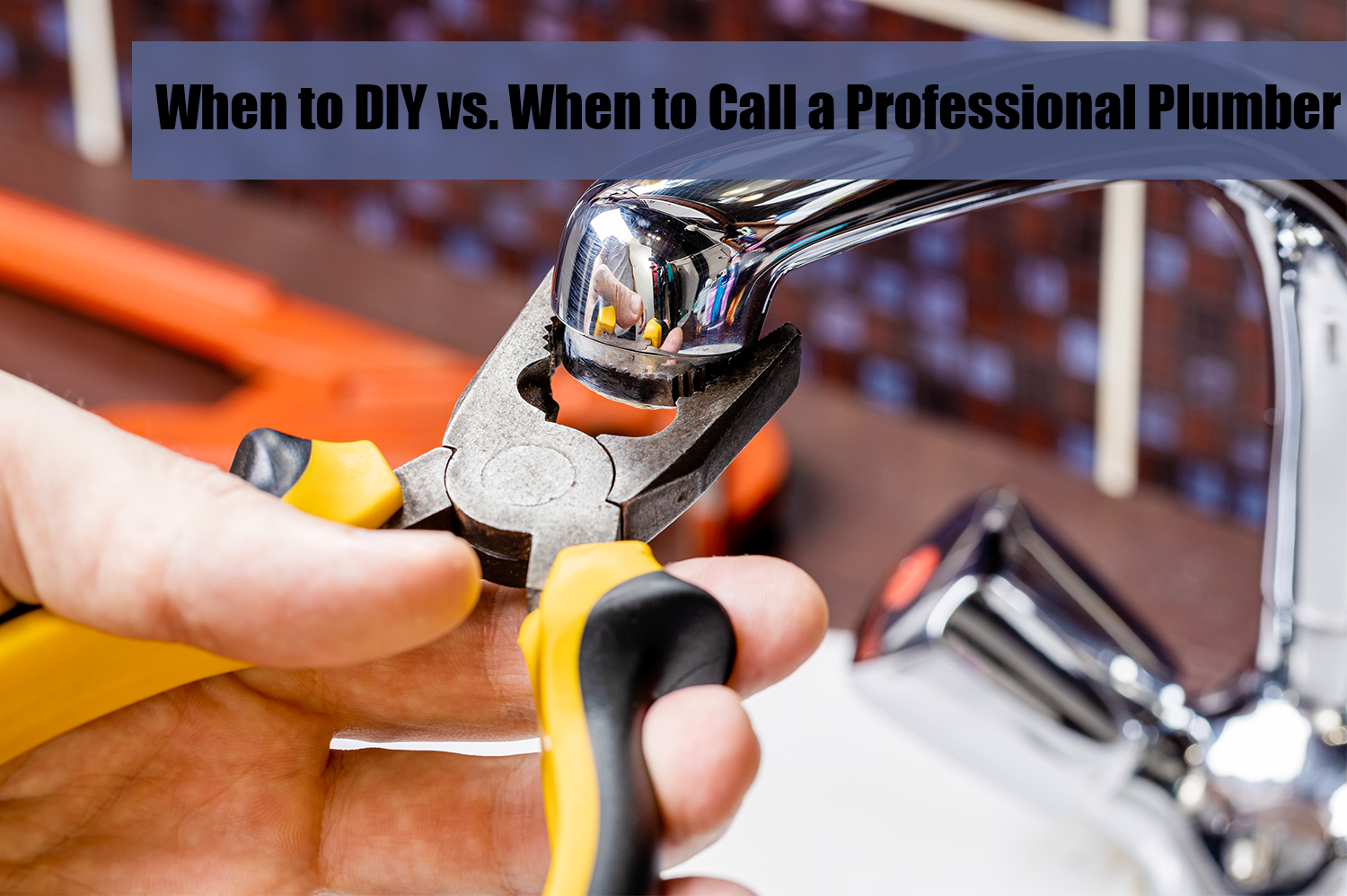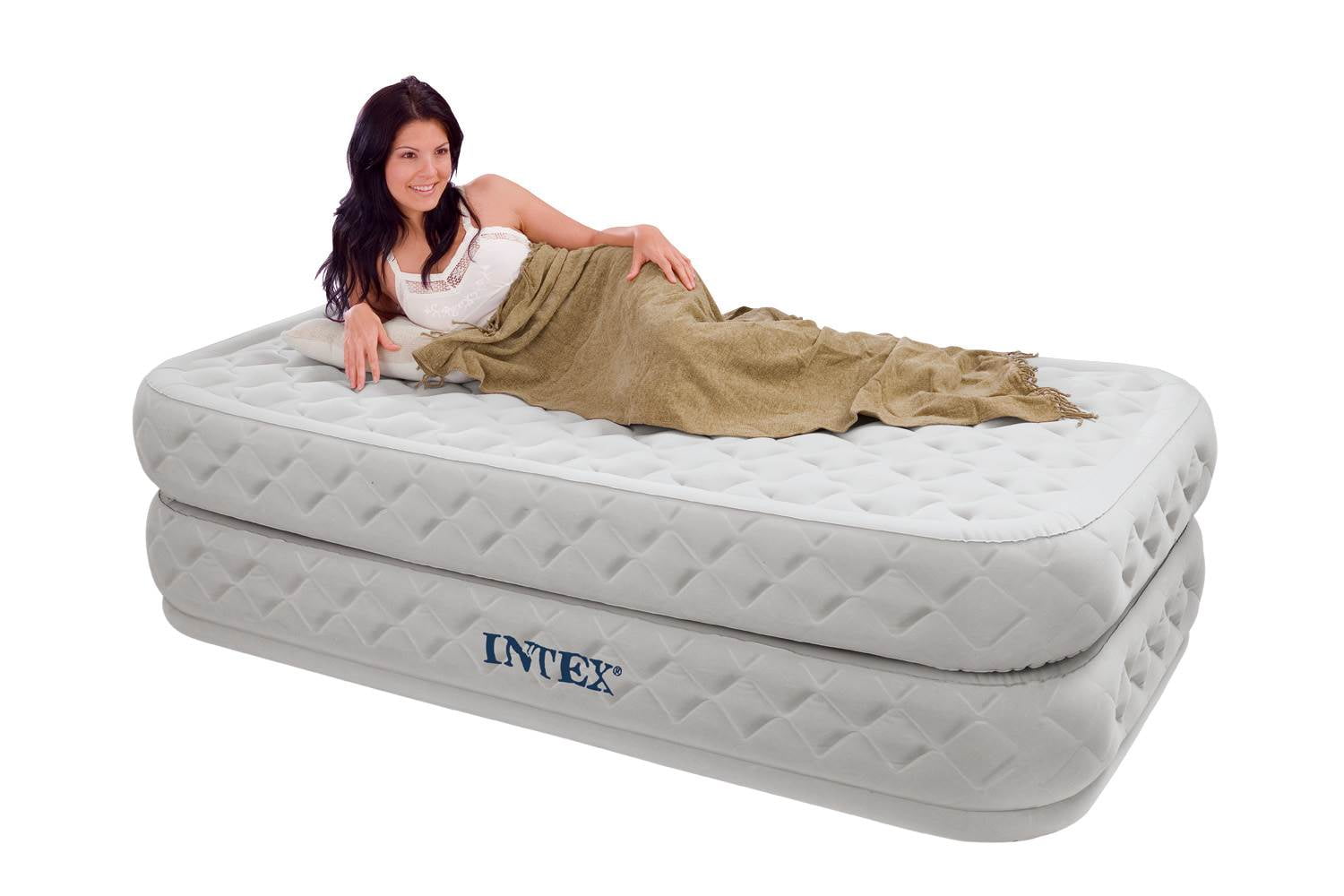If your kitchen sink is not getting cold water, the first thing you should check is the water supply valve. This valve controls the flow of water into your home and if it is not fully open, it could be restricting the flow of cold water to your sink. Make sure the valve is fully turned on and if it is already open, try closing it and then reopening it to see if that helps.1. Check the water supply valve
The aerator is a small mesh screen located at the end of your faucet. It helps to mix air with the water to create a steady stream. Over time, the aerator can become clogged with sediment or debris, causing a decrease in water pressure. If your kitchen sink is not getting cold water, try unscrewing the aerator and cleaning it out with a toothbrush and some vinegar. This should help to improve the flow of cold water.2. Check the aerator
Low water pressure can also be a reason for your kitchen sink not getting cold water. You can easily check your water pressure by attaching a pressure gauge to an outdoor faucet. If the pressure is below 40 psi, it may be the cause of your problem. In this case, you may need to adjust the pressure regulator or call your water company for assistance.3. Check the water pressure
If you have a tankless water heater, it could be the culprit for your lack of cold water. Tankless water heaters require a minimum amount of flow to activate the heating element. If the flow is too low, the water may not heat up at all. Try increasing the flow of water and see if that helps. If you have a traditional water heater, it is possible that the cold water intake valve is not fully open, causing a decrease in cold water flow.4. Check the water heater
Another common reason for a kitchen sink not getting cold water is a blockage in the pipes. This could be caused by mineral buildup, debris, or even frozen pipes in the winter. Try running hot water through the pipes to see if that helps break up any blockages. If the problem persists, you may need to call a plumber to inspect and clear the pipes.5. Check the pipes for blockages
The faucet cartridge is a small component inside your faucet that controls the flow of water. If it becomes clogged or damaged, it can affect the flow of both hot and cold water. Try removing the cartridge and cleaning it thoroughly before reinstalling it. If the cartridge is damaged, you may need to replace it.6. Check the faucet cartridge
If you have a traditional water heater, it is important to check the temperature setting to ensure it is not set too low. If the temperature is too low, it can lead to a decrease in hot water flow and also affect the flow of cold water. Check your water heater's manual for the recommended temperature setting and adjust accordingly.7. Check the temperature setting on the water heater
In some cases, a broken or damaged pipe can be the reason for a lack of cold water in your kitchen sink. If you suspect a pipe is damaged, you should turn off the water supply to your home and call a plumber for assistance. They will be able to locate and repair any damaged pipes.8. Check for a broken or damaged pipe
If your kitchen sink has a water filter, it is possible that it is clogged and needs to be replaced. Over time, water filters can become clogged with sediment and debris, affecting the flow of both hot and cold water. Check your water filter and replace it if necessary.9. Check the water filter
If you have tried all of the above solutions and your kitchen sink is still not getting cold water, it may be time to call a plumber for professional assistance. They have the knowledge and tools to properly diagnose and fix any plumbing issues that may be causing the problem. In conclusion, if your kitchen sink is not getting cold water, it could be due to a variety of reasons such as a closed water supply valve, a clogged aerator, low water pressure, a malfunctioning water heater, blocked pipes, damaged faucet cartridge, incorrect temperature setting, a broken pipe, or a clogged water filter. By following the steps outlined above, you should be able to identify and resolve the issue. If not, don't hesitate to call a professional plumber for assistance to ensure your kitchen sink is functioning properly and providing you with the cold water you need.10. Call a plumber for professional assistance
Why Is Your Kitchen Sink Not Getting Cold Water?

Possible Causes and Solutions
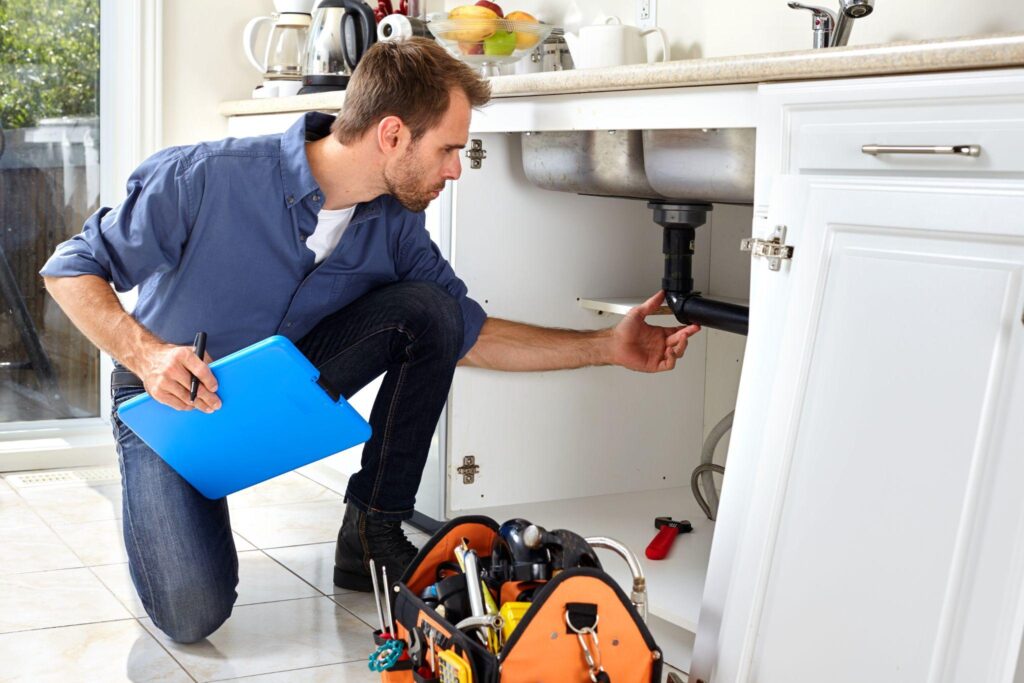 If you've noticed that your kitchen sink is not getting any cold water, you may be wondering what could be causing this issue. There are a few potential causes for this problem, and luckily, most of them have simple solutions. In this article, we will explore the main reasons why your kitchen sink is not getting cold water and how to fix them.
If you've noticed that your kitchen sink is not getting any cold water, you may be wondering what could be causing this issue. There are a few potential causes for this problem, and luckily, most of them have simple solutions. In this article, we will explore the main reasons why your kitchen sink is not getting cold water and how to fix them.
1. Clogged Pipes
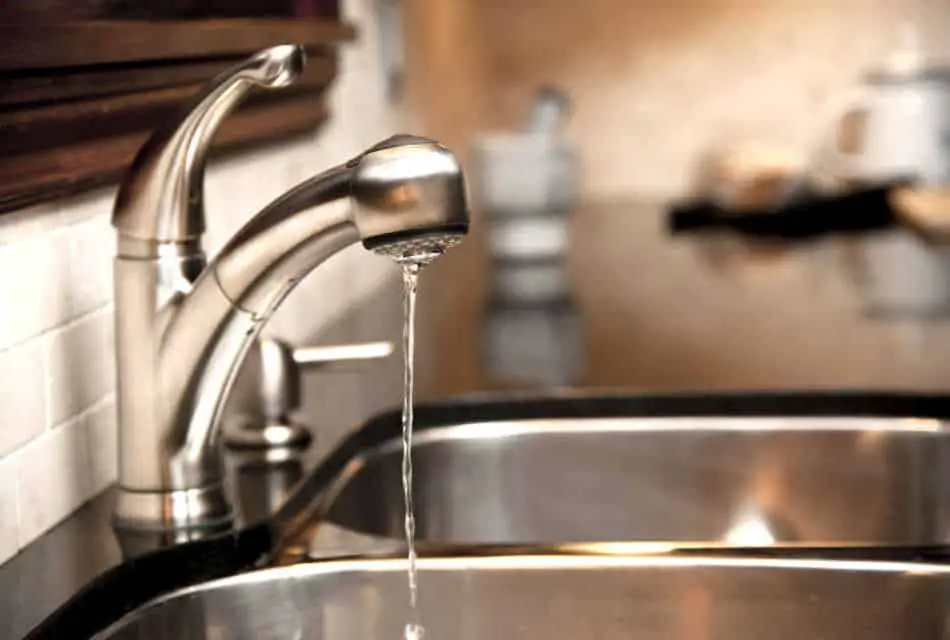 One of the most common reasons for a lack of cold water in your kitchen sink is clogged pipes. Over time, debris, soap scum, and other materials can build up in your pipes, restricting the flow of water. This is especially common in older homes with outdated plumbing systems. To check if clogged pipes are the cause of your problem, turn on the cold water in another sink or bathtub. If the water flows normally in these areas, then the issue is likely with your kitchen sink's pipes.
To fix this issue, you can try using a plunger to dislodge any debris or buildup in the pipes. If that doesn't work, you may need to call a professional plumber to inspect and clean your pipes.
One of the most common reasons for a lack of cold water in your kitchen sink is clogged pipes. Over time, debris, soap scum, and other materials can build up in your pipes, restricting the flow of water. This is especially common in older homes with outdated plumbing systems. To check if clogged pipes are the cause of your problem, turn on the cold water in another sink or bathtub. If the water flows normally in these areas, then the issue is likely with your kitchen sink's pipes.
To fix this issue, you can try using a plunger to dislodge any debris or buildup in the pipes. If that doesn't work, you may need to call a professional plumber to inspect and clean your pipes.
2. Malfunctioning Faucet
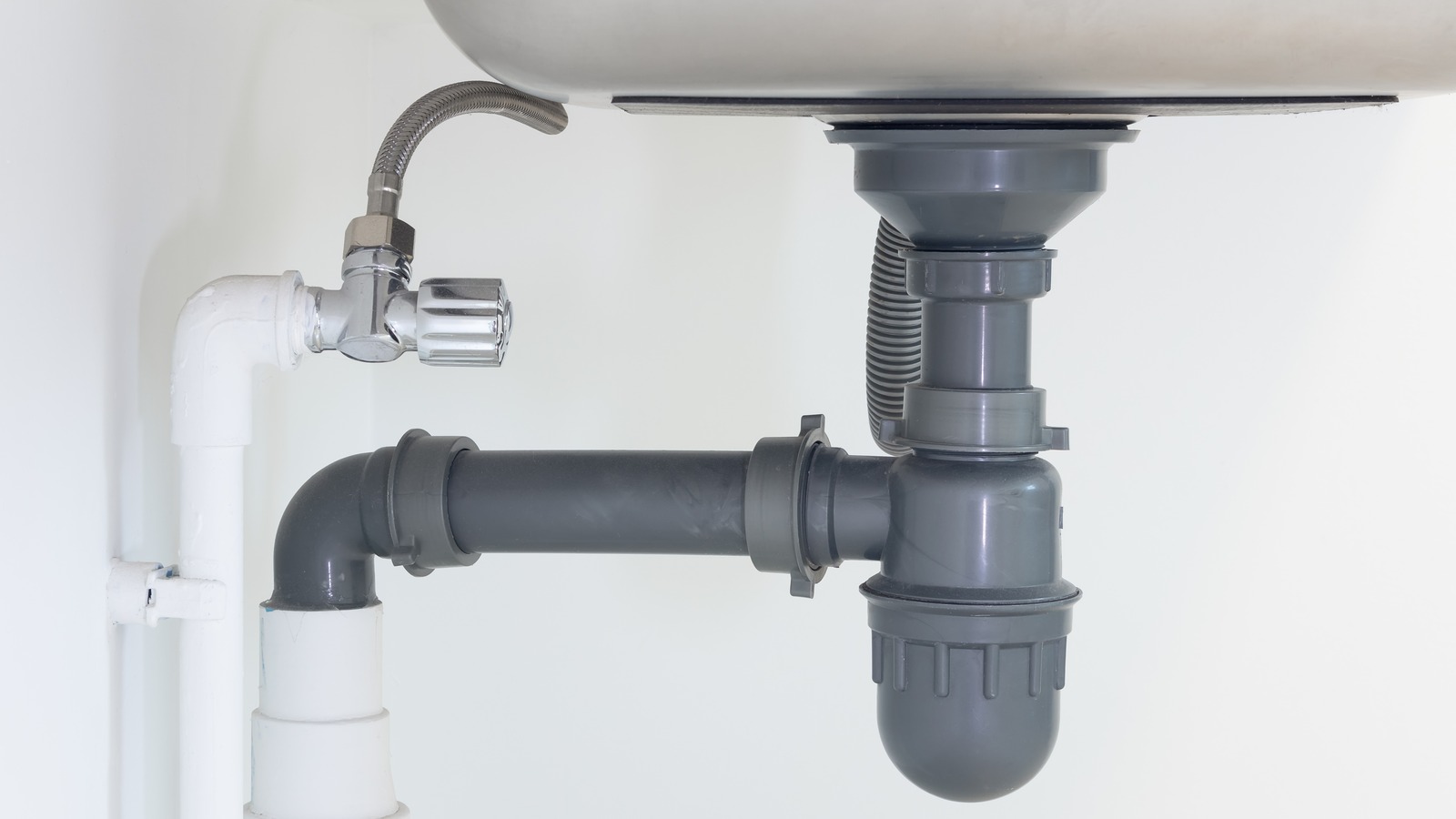 Another possible cause for a lack of cold water in your kitchen sink is a malfunctioning faucet. If your faucet is old or has been regularly used, it may be worn out and in need of replacement. A faulty faucet can cause issues with water flow and temperature control, leading to a lack of cold water in your sink.
To fix this issue, you will need to replace your faucet with a new one. This is a relatively simple task that can be done by following the manufacturer's instructions or by hiring a professional plumber.
Another possible cause for a lack of cold water in your kitchen sink is a malfunctioning faucet. If your faucet is old or has been regularly used, it may be worn out and in need of replacement. A faulty faucet can cause issues with water flow and temperature control, leading to a lack of cold water in your sink.
To fix this issue, you will need to replace your faucet with a new one. This is a relatively simple task that can be done by following the manufacturer's instructions or by hiring a professional plumber.
3. Broken Diverter Valve
 If you have a kitchen sink with a sprayer attachment, a broken diverter valve could be the reason for your lack of cold water. The diverter valve is responsible for directing water to either the faucet or the sprayer, and if it is broken, it may be stuck in the "on" position, causing all the water to flow through the sprayer.
To fix this issue, you will need to replace the diverter valve. This can be done by purchasing a new valve and following the manufacturer's instructions or by hiring a plumber to do it for you.
If you have a kitchen sink with a sprayer attachment, a broken diverter valve could be the reason for your lack of cold water. The diverter valve is responsible for directing water to either the faucet or the sprayer, and if it is broken, it may be stuck in the "on" position, causing all the water to flow through the sprayer.
To fix this issue, you will need to replace the diverter valve. This can be done by purchasing a new valve and following the manufacturer's instructions or by hiring a plumber to do it for you.
4. Water Heater Issues
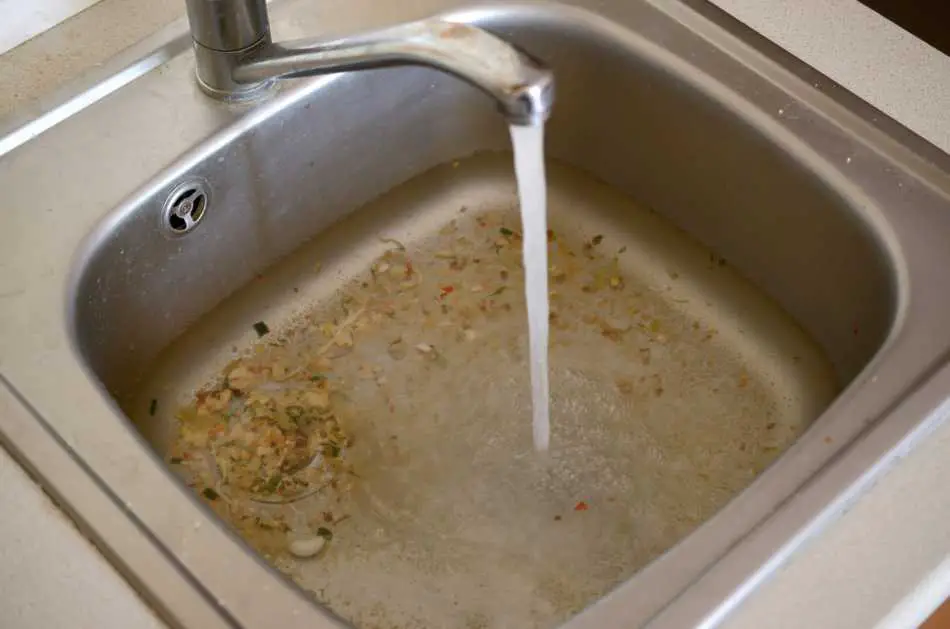 If your kitchen sink is not getting cold water, it could also be due to problems with your water heater. If your water heater is not functioning properly, it may not be supplying enough cold water to your kitchen sink. This could be caused by a variety of issues, such as a faulty thermostat or a buildup of sediment in the tank.
To fix this issue, you will need to troubleshoot your water heater or call a professional plumber to inspect and repair it.
In conclusion,
there are several possible causes for a kitchen sink not getting cold water. By identifying the problem and following the appropriate solutions, you can easily fix this issue and have your kitchen sink running smoothly again in no time. Remember, if you are unsure or uncomfortable with DIY solutions, it is always best to seek the help of a professional plumber to ensure the problem is properly resolved.
If your kitchen sink is not getting cold water, it could also be due to problems with your water heater. If your water heater is not functioning properly, it may not be supplying enough cold water to your kitchen sink. This could be caused by a variety of issues, such as a faulty thermostat or a buildup of sediment in the tank.
To fix this issue, you will need to troubleshoot your water heater or call a professional plumber to inspect and repair it.
In conclusion,
there are several possible causes for a kitchen sink not getting cold water. By identifying the problem and following the appropriate solutions, you can easily fix this issue and have your kitchen sink running smoothly again in no time. Remember, if you are unsure or uncomfortable with DIY solutions, it is always best to seek the help of a professional plumber to ensure the problem is properly resolved.
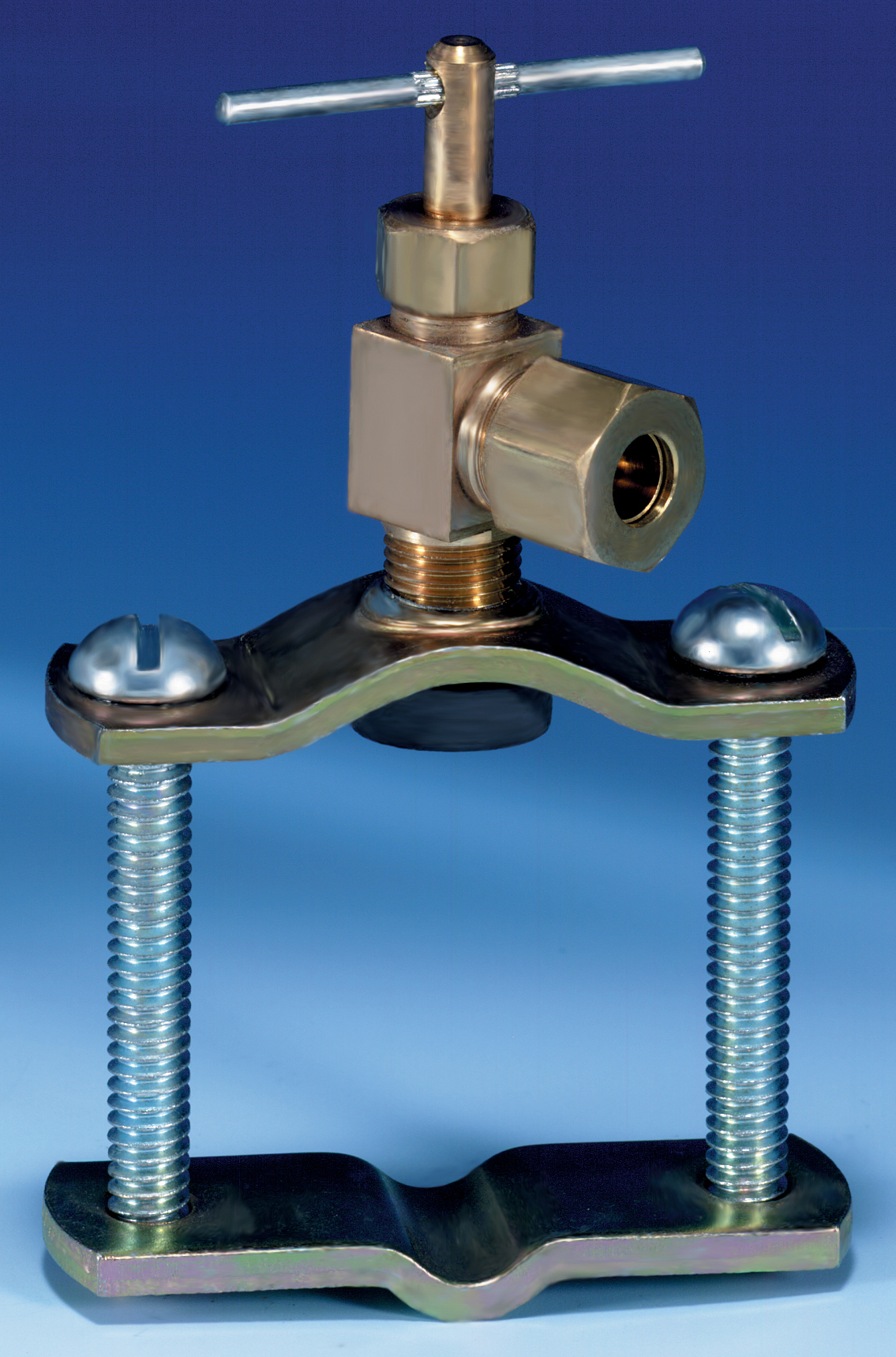






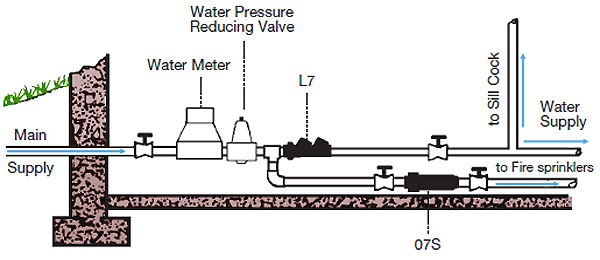
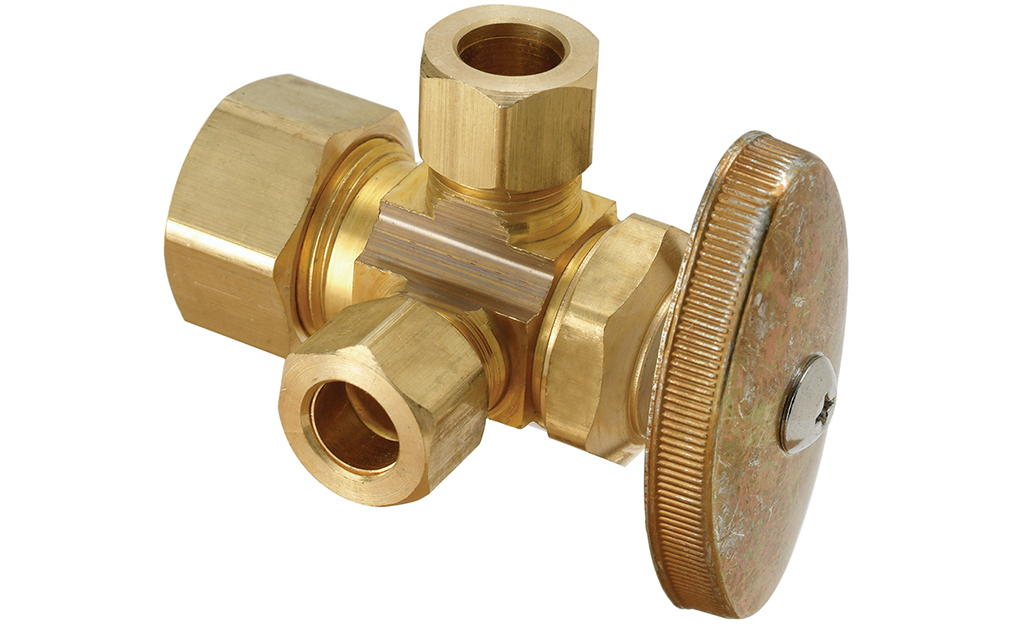


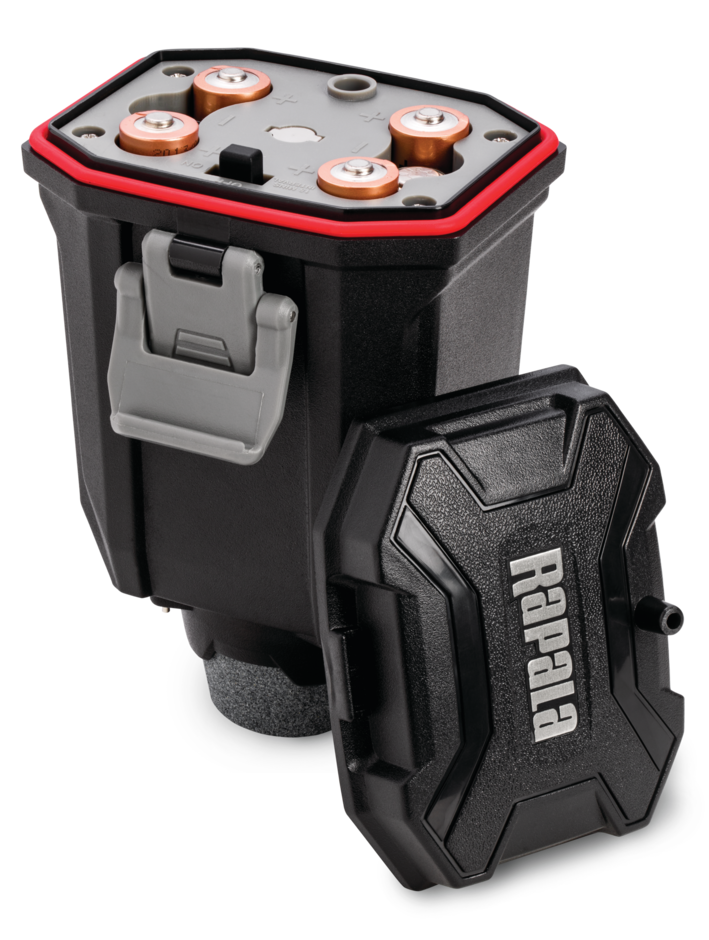
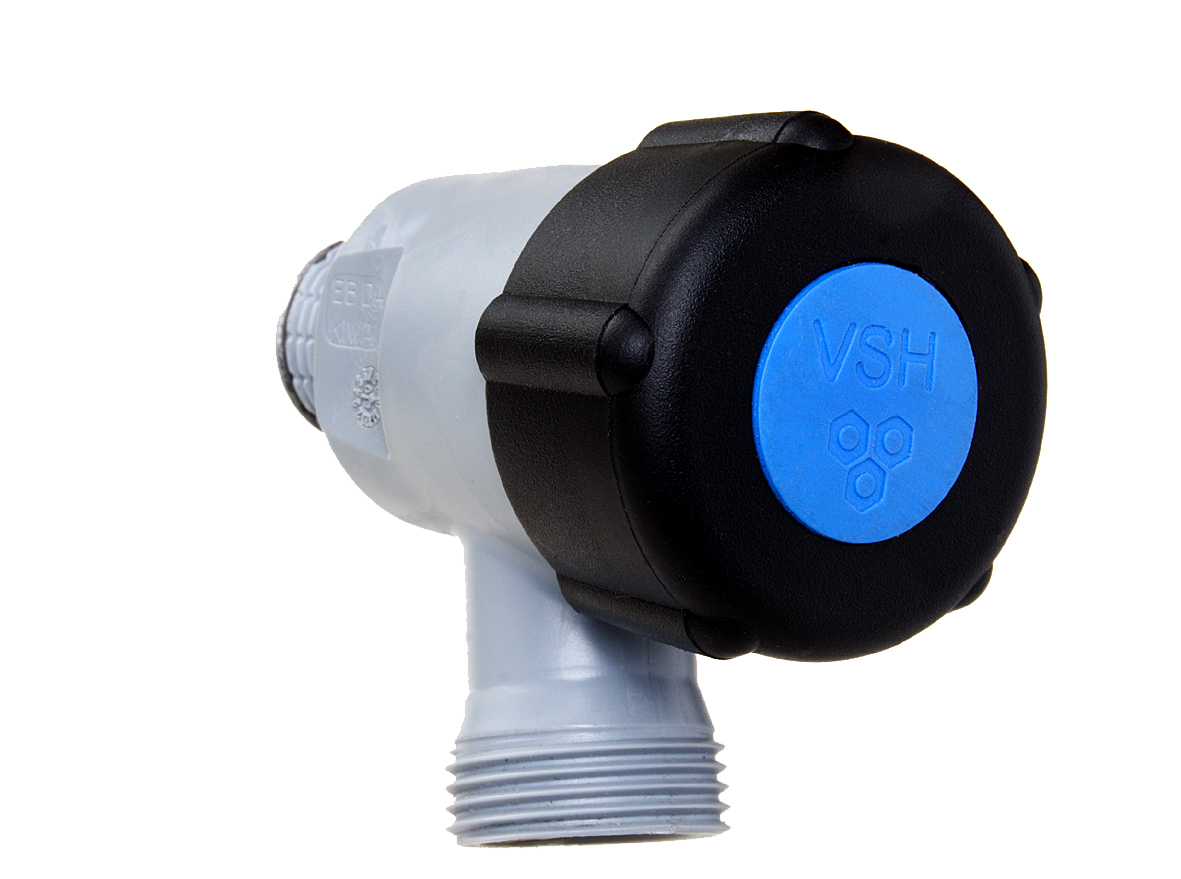






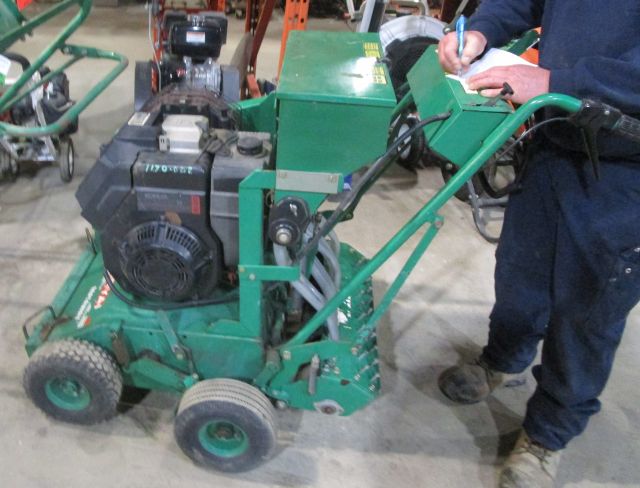



/93097679-56a73c295f9b58b7d0e81657.jpg)
/testing-water-pressure-in-your-home-2718692-hero-98f45508ca5d44b6b551034ac5cedab5.jpg)
:max_bytes(150000):strip_icc()/testing-water-pressure-in-your-home-2718692-04-c37ab3236d0d4b61b87079ebf9ef823e-c1e1ef0104fb44778a287bd9bb5ec140.jpeg)



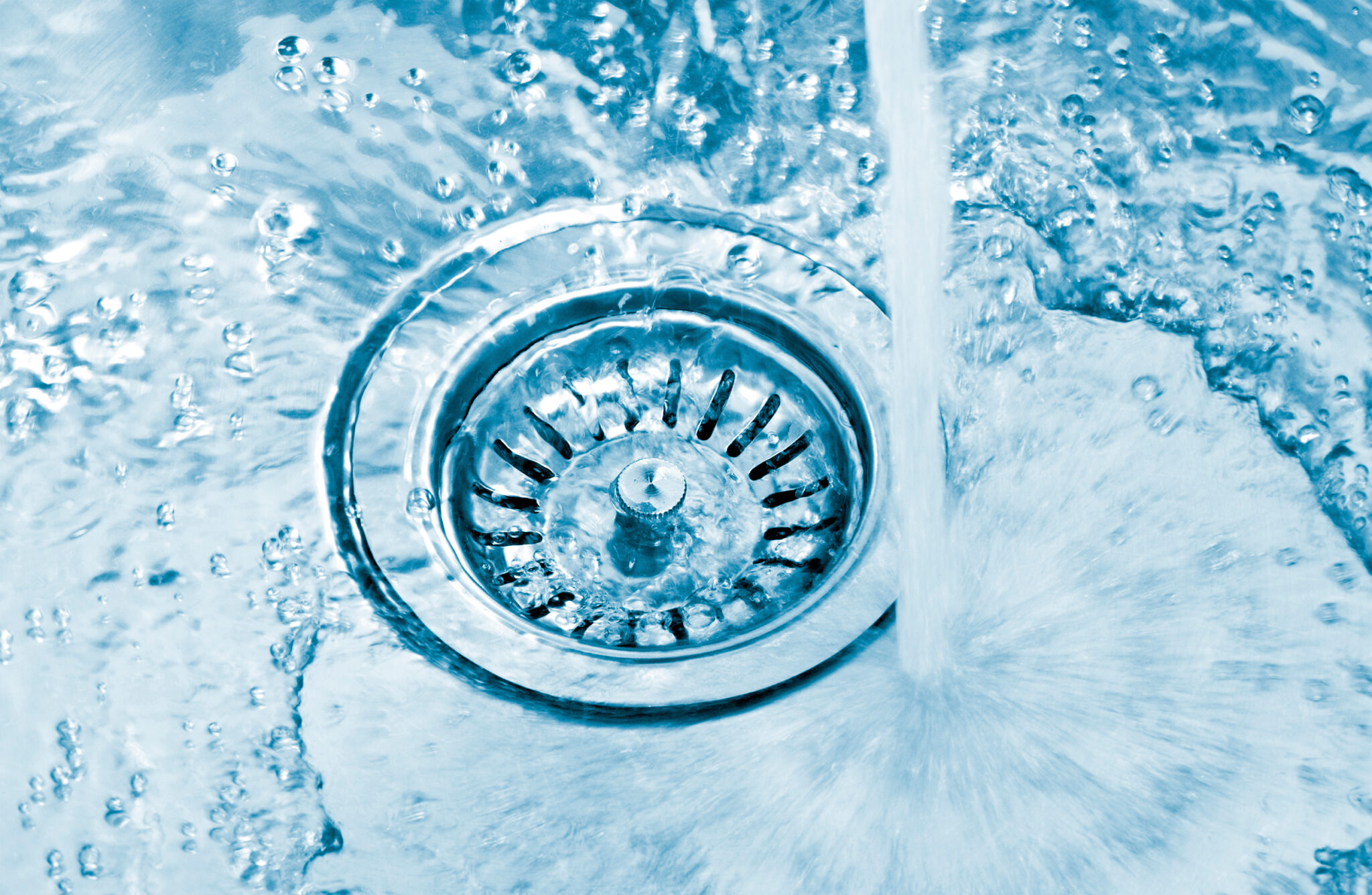
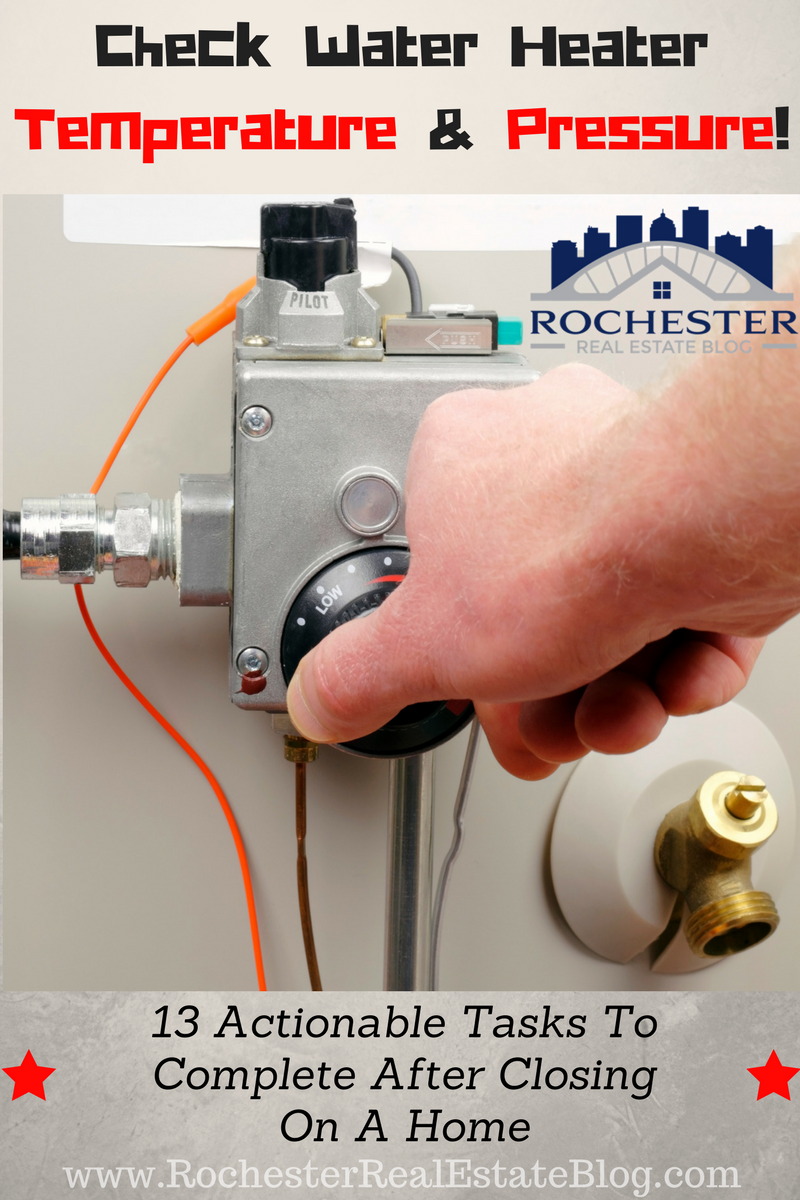
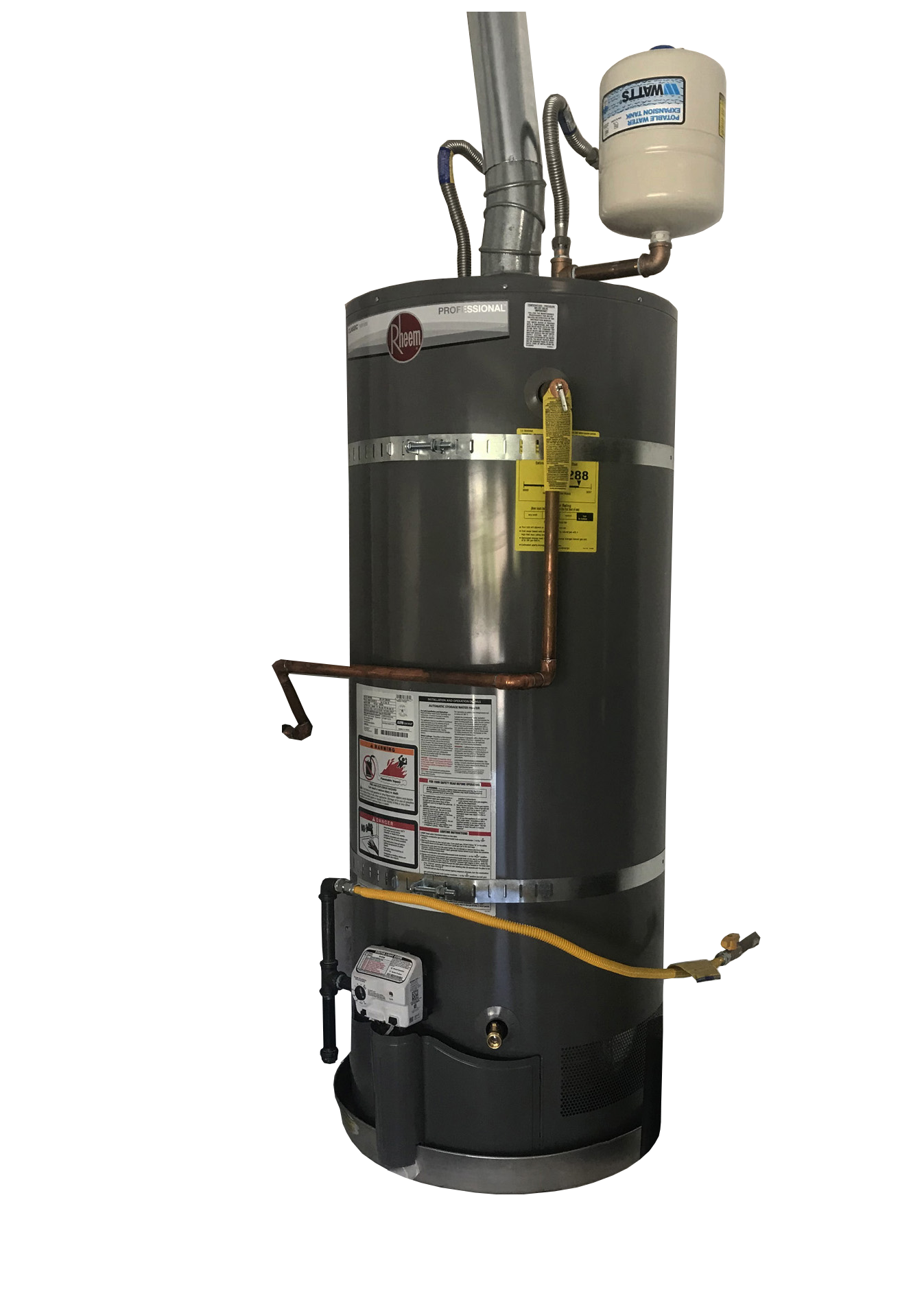



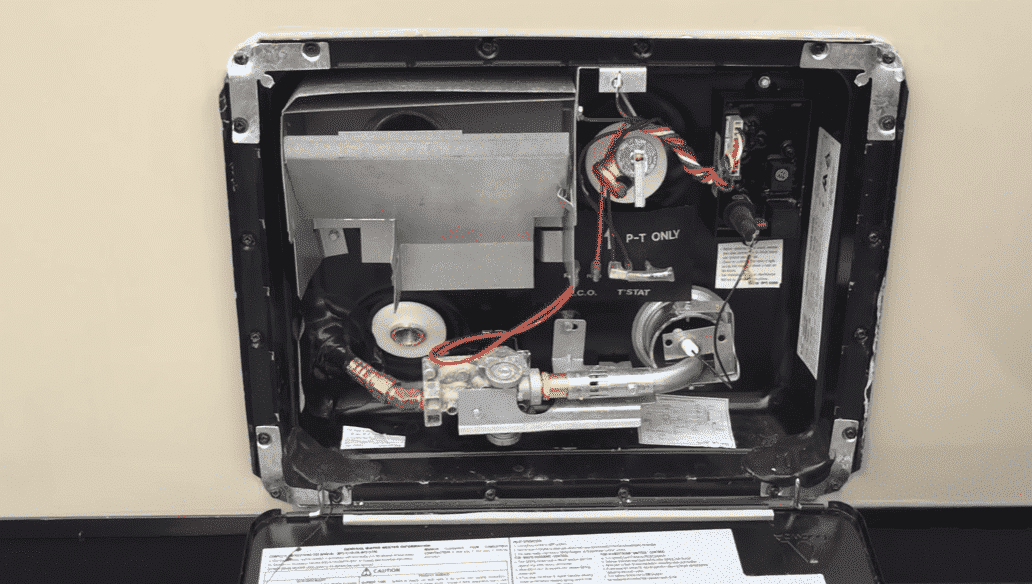
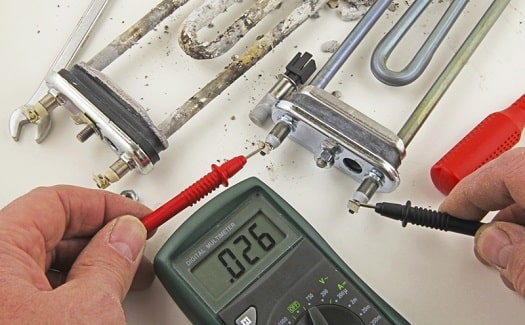

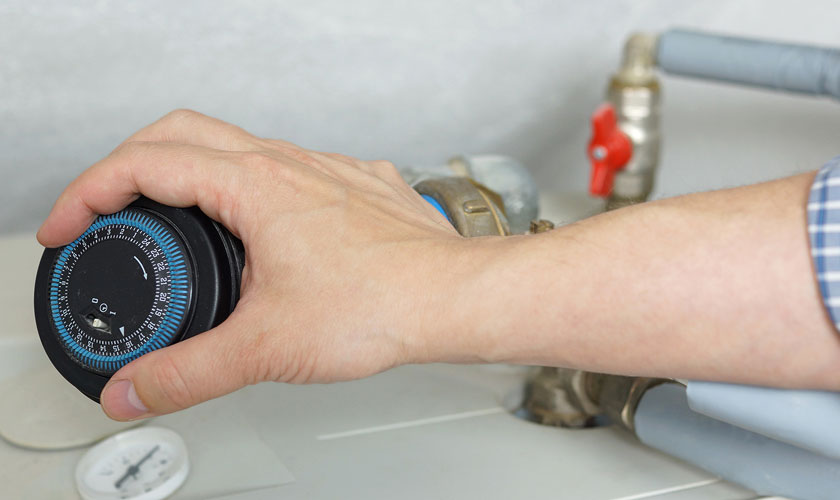


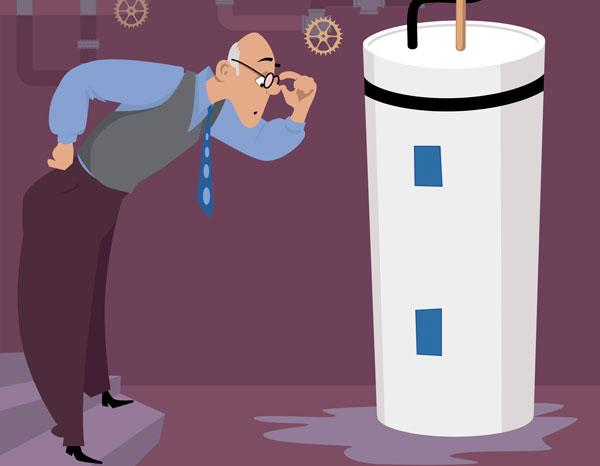



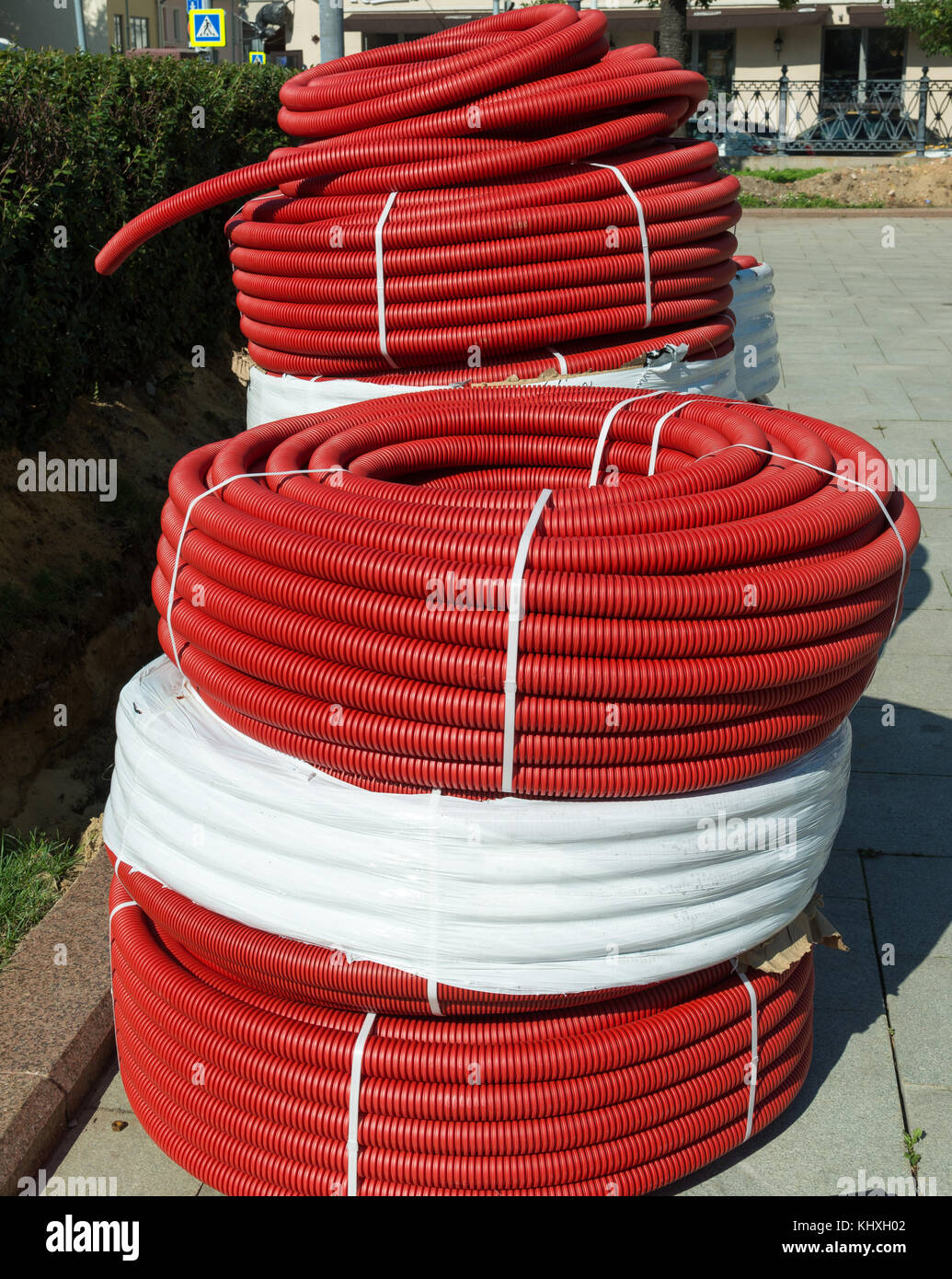


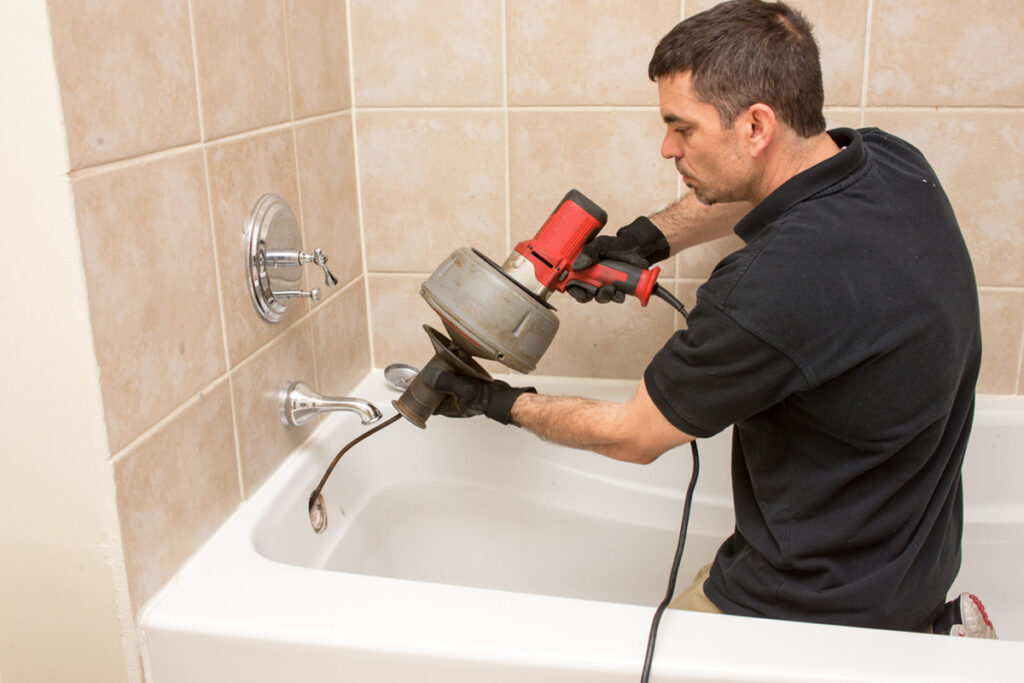
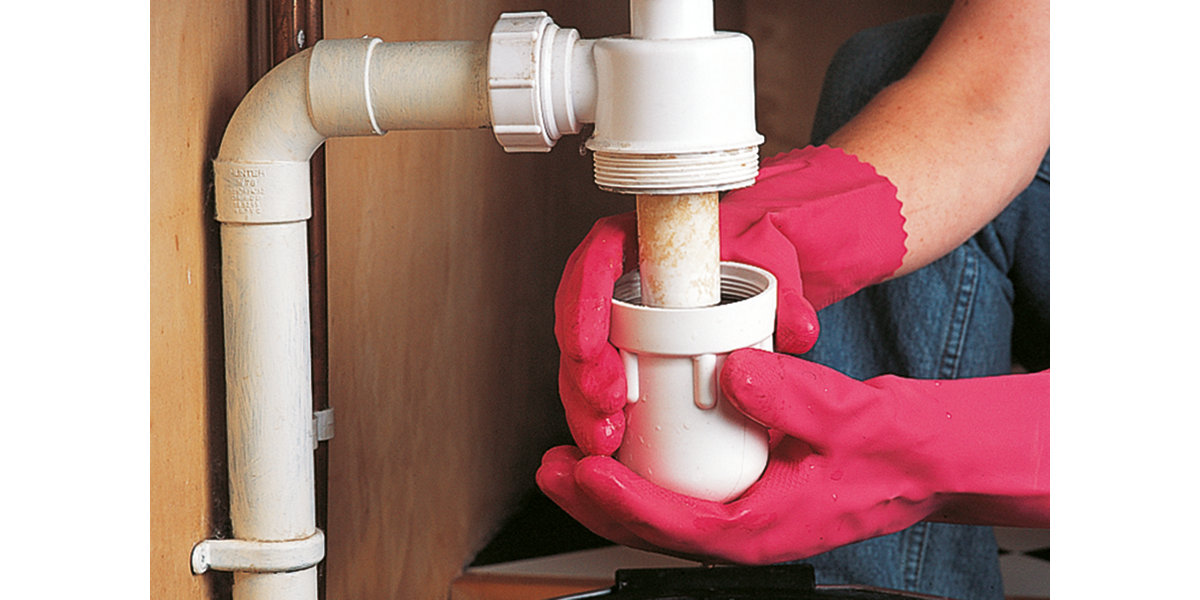
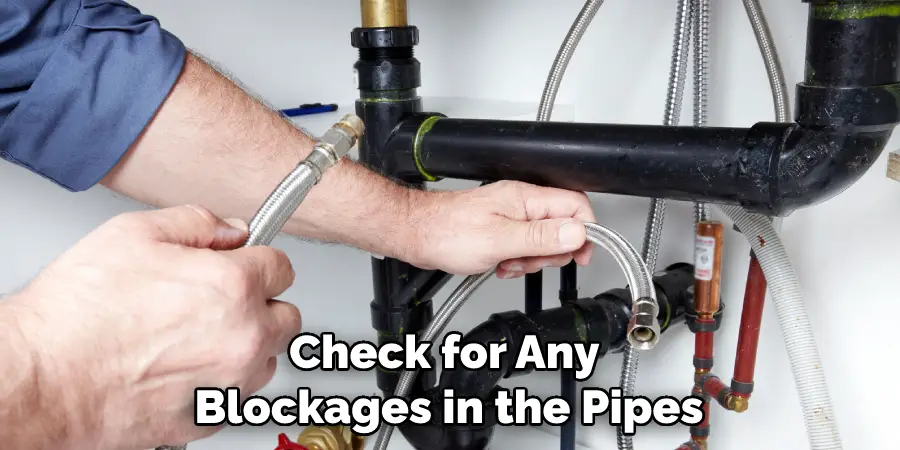


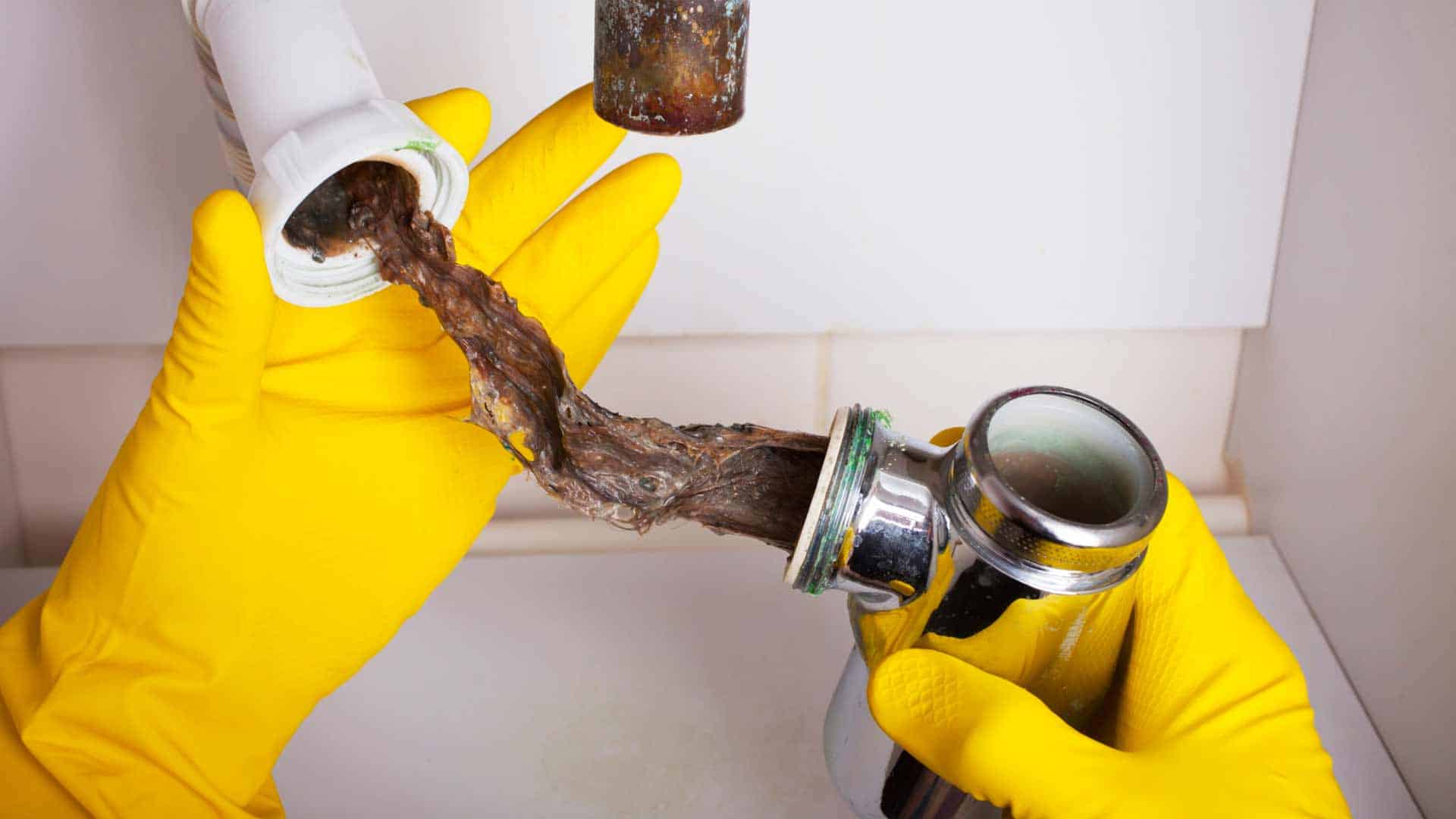
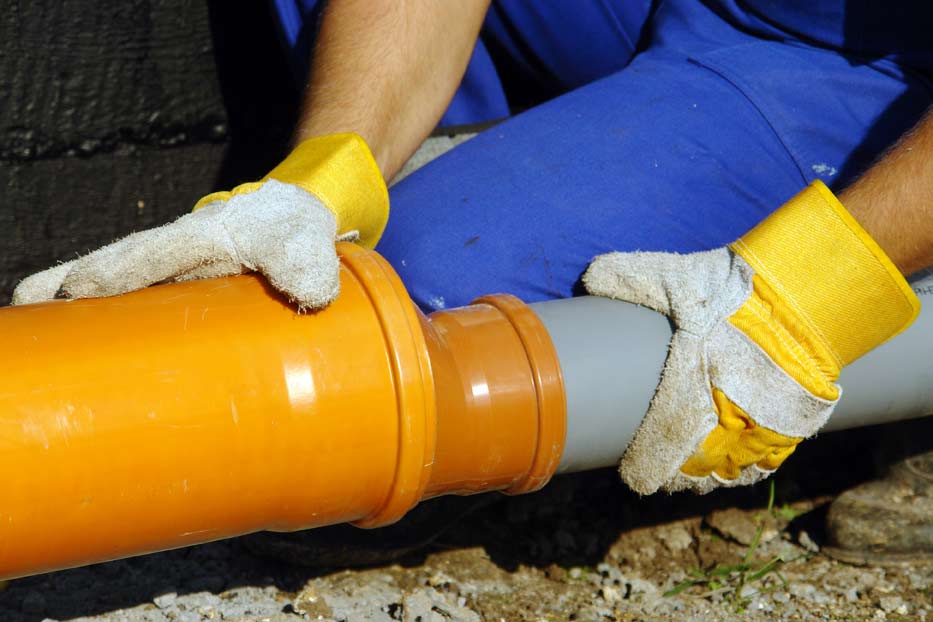





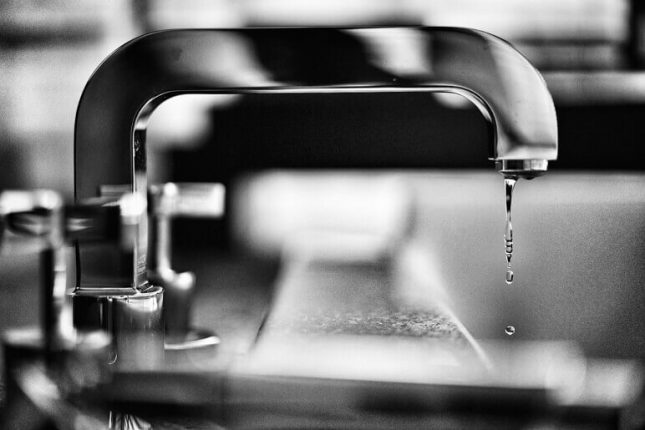



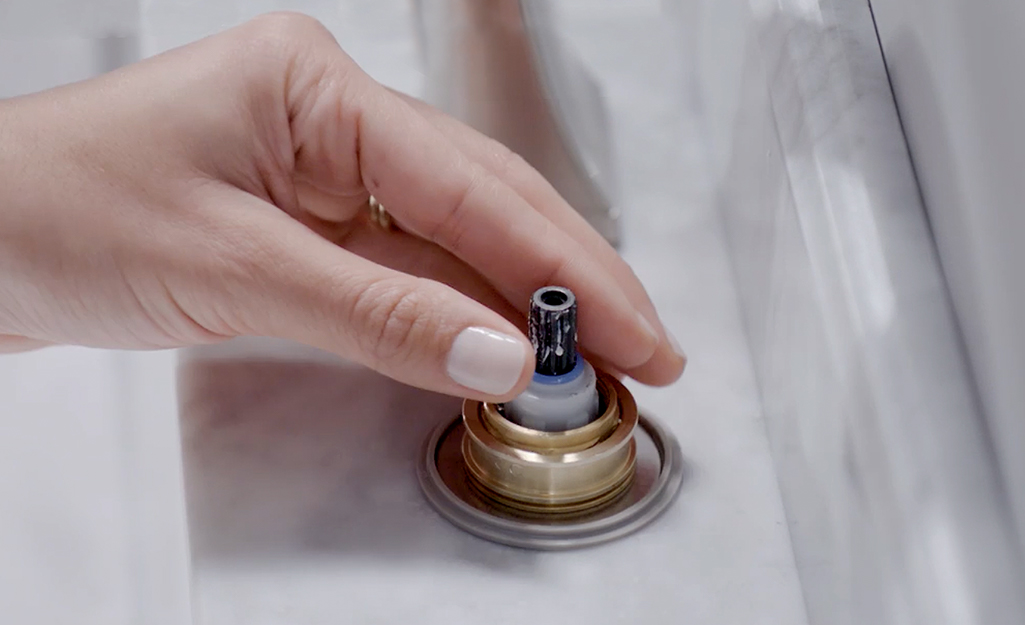




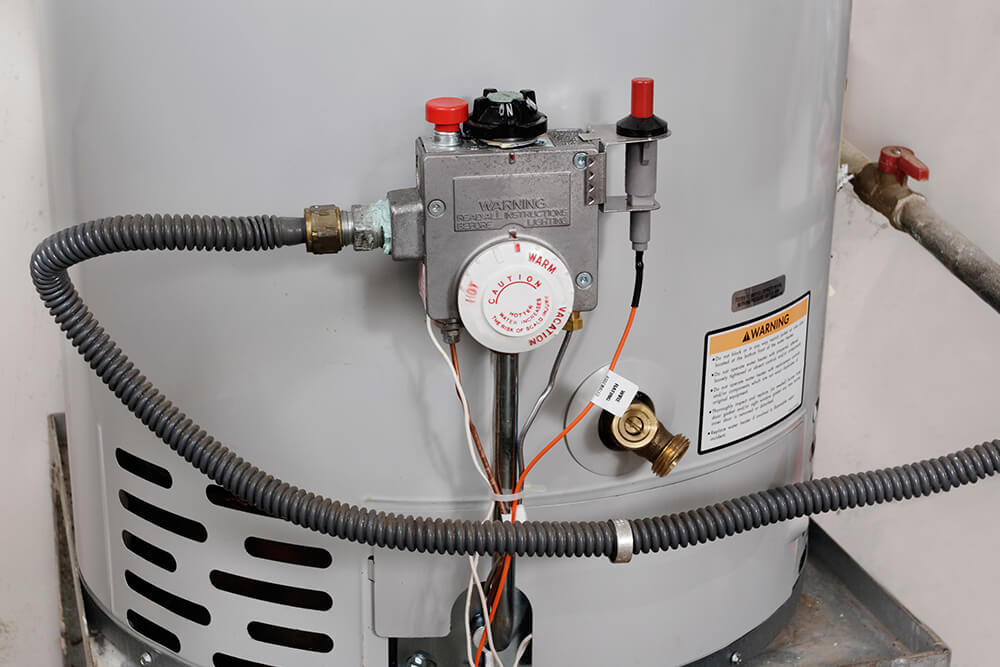

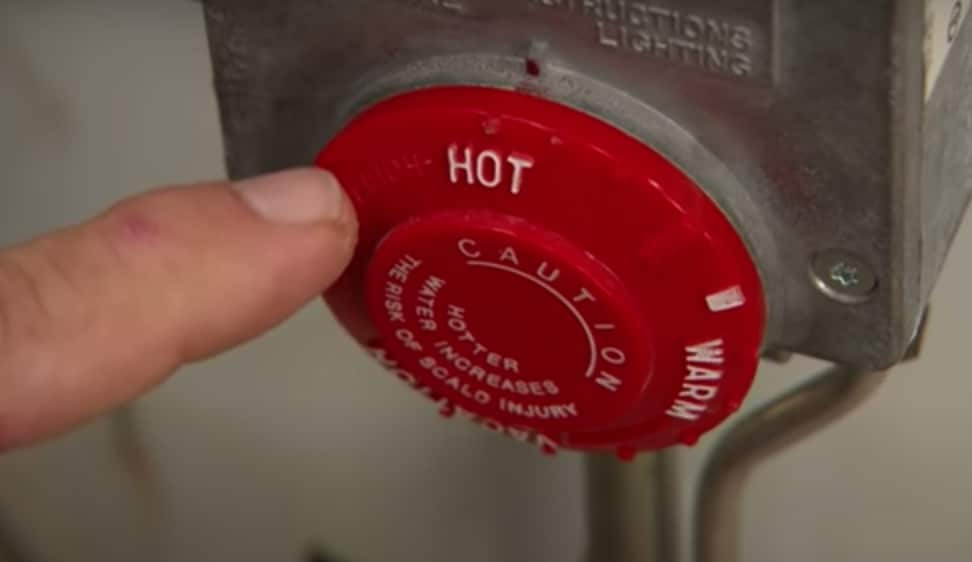
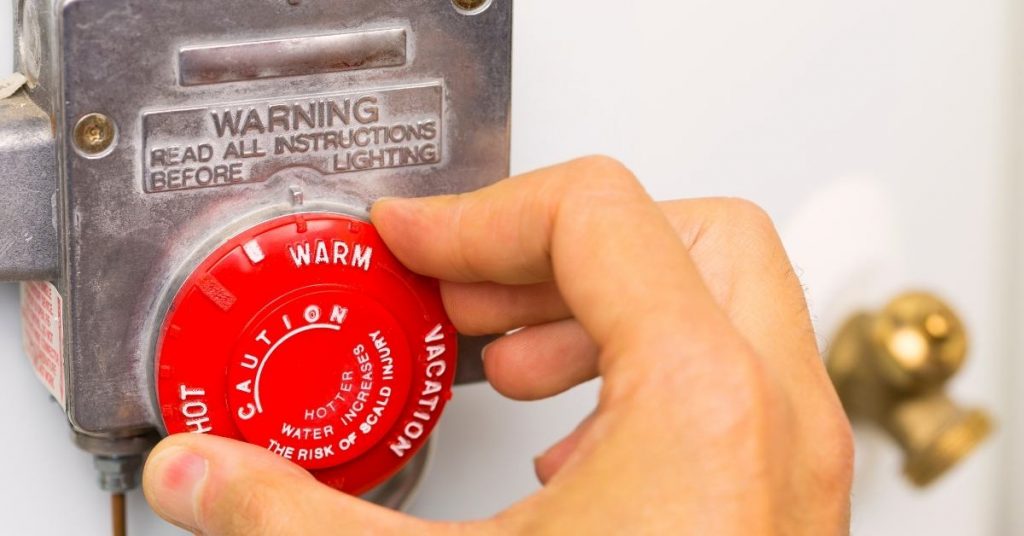




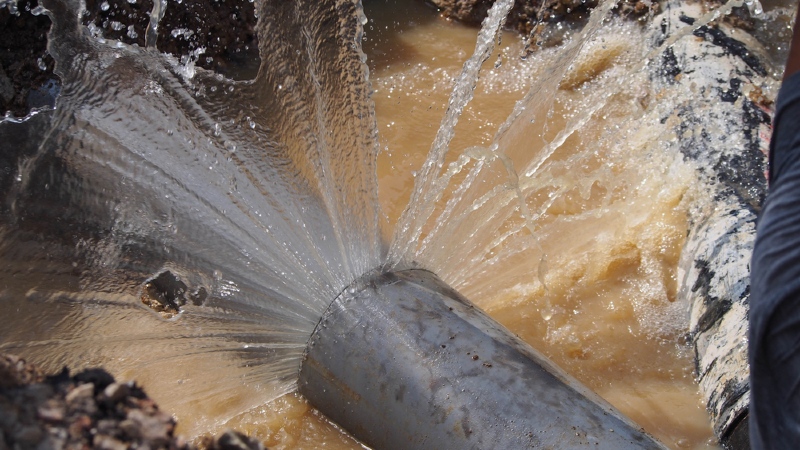



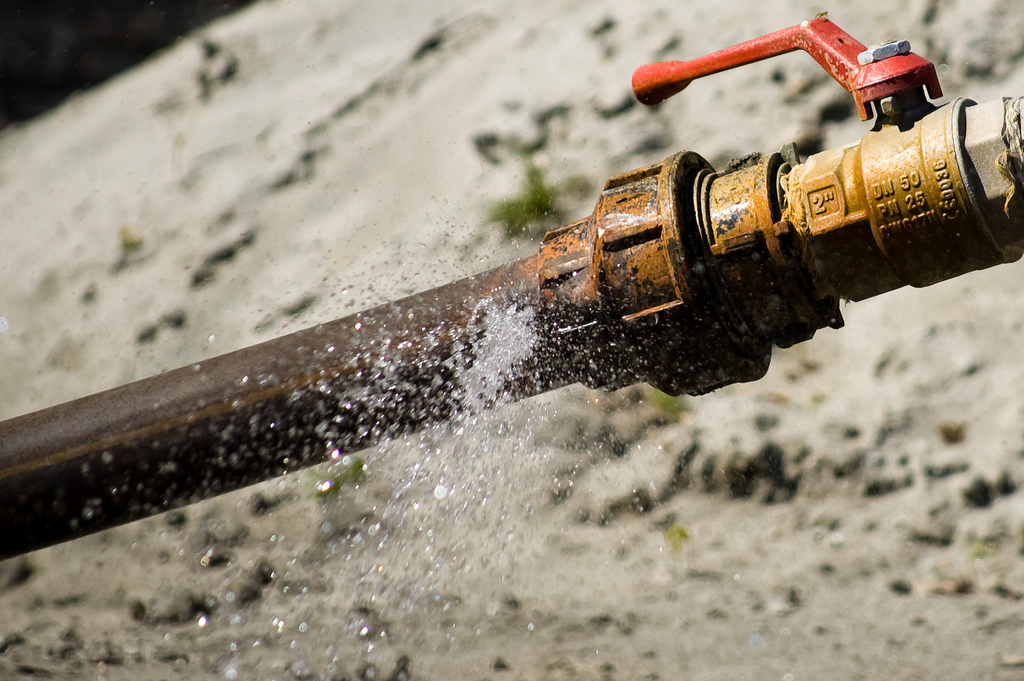








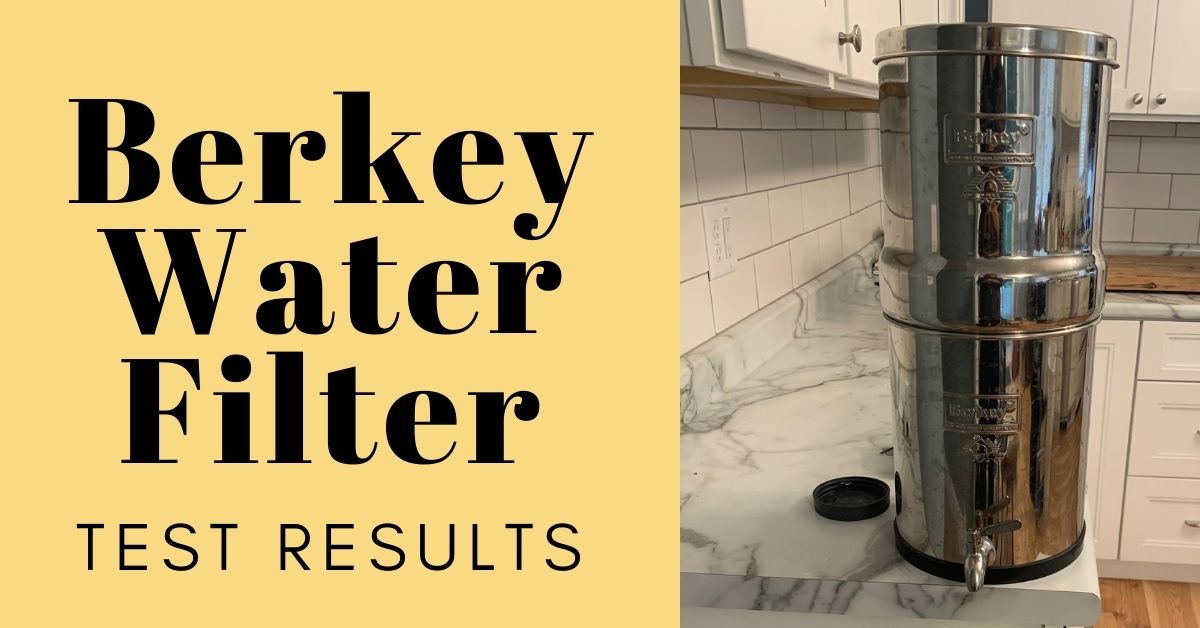
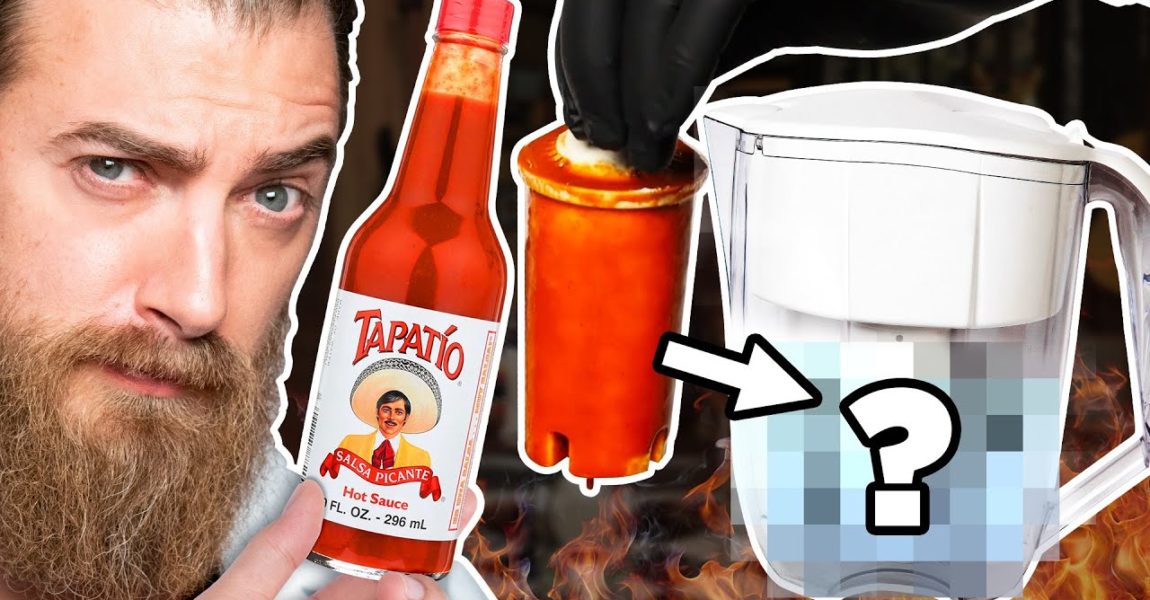
/cdn.vox-cdn.com/uploads/chorus_image/image/63879746/WaterFilter_2.0.jpg)












